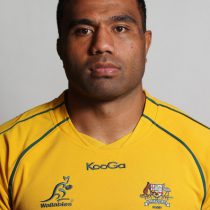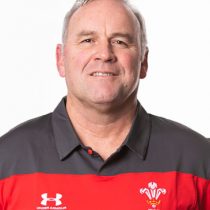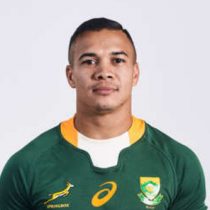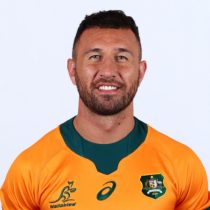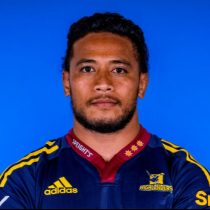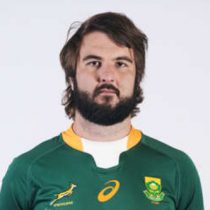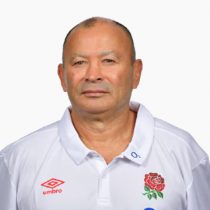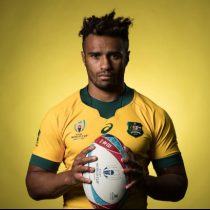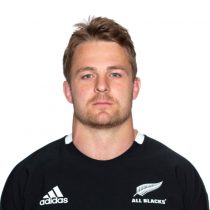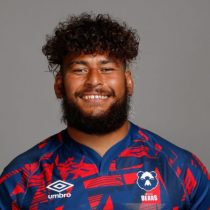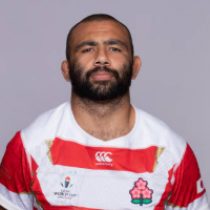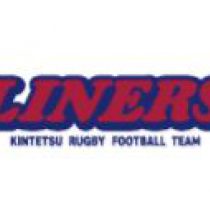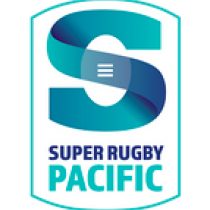Japan Rugby League One Preview: Final Round
- 4364
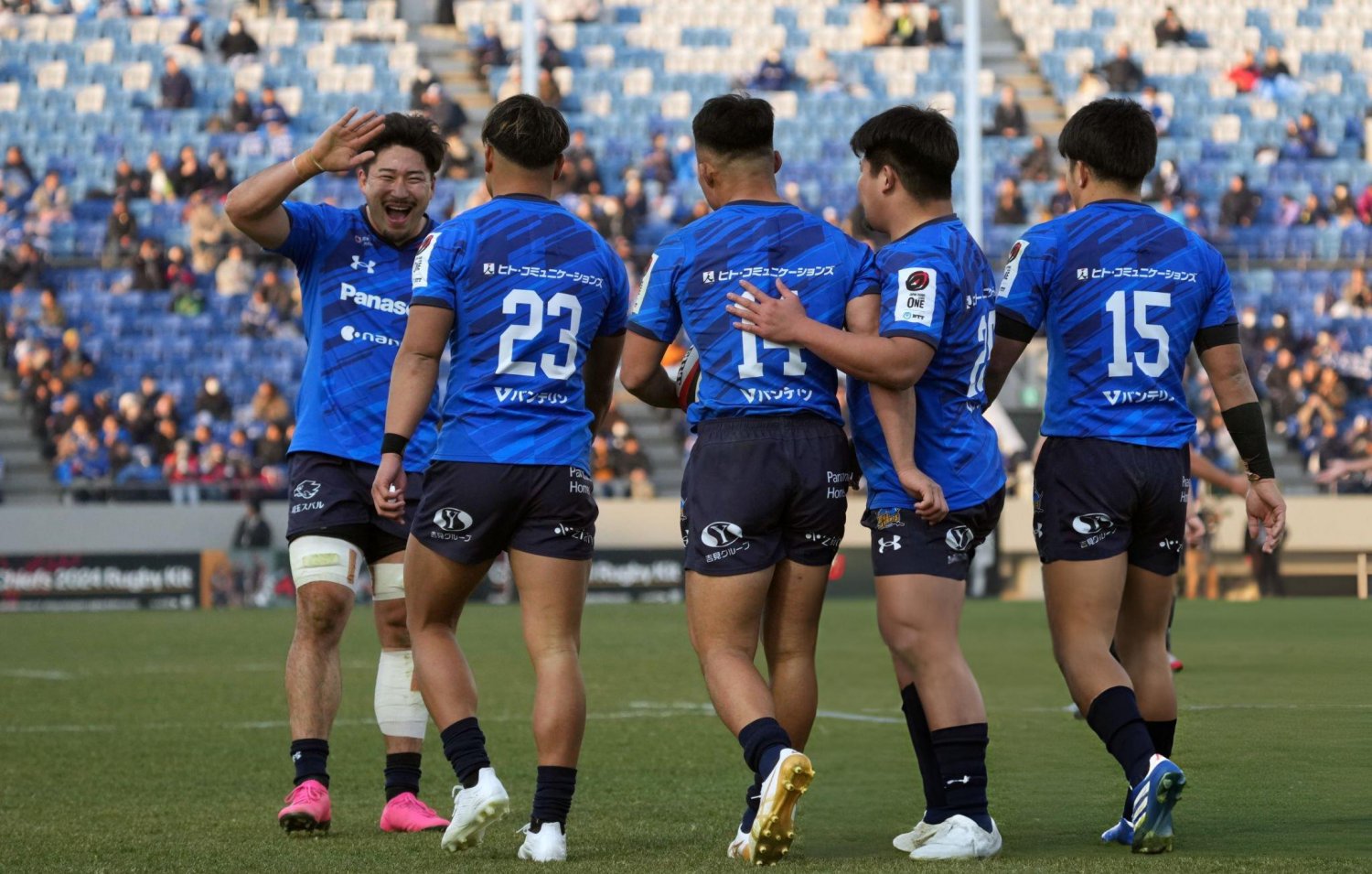
Koroibete (Wallabies) v Naikabula (Brave Blossoms). Matusda (Brave Blossoms) v Mo’unga (All Blacks). Cornelsen
(Brave Blossoms) v Leitch (Brave Blossoms). Gunter (Brave Blossoms) v Frizell (All Blacks). De Jager (Springboks) v
Dearns (Brave Blossoms). De Allende (Springboks) v Tamanivalu (All Blacks). Deans (Crusaders/Wallabies) v
Blackadder (Crusaders/Bath).
Everywhere you look, there are enthralling head-to-head contests in Sunday’s Japan Rugby League One final as the
competition’s two best teams, and best coaches, come together for the last dance of a compelling season.
The Saitama Panasonic Wild Knights, unbeaten in 17, are chasing a record seventh national title since the semi-
professional era in the Japanese game began with the advent of the Top League in 2003.
Toshiba Brave Lupus Tokyo have won five and will tie their opponents in titles won if they can reverse the result
from their last appearance in the decider – in 2015-16 – when they lost 27-26 to this weekend’s opponents.
That result was the second occasion on which the Wild Knights have pipped Brave Lupus in the final, having
prevailed 30-21 when they met in at the end of the 2013-14 season.
Although Toshiba’s titles are exceeded only by Panasonic, they have not been champions of Japan since the 2009-
10 season, when they won their fifth consecutive championship, having first tasted success in the 2005-06
competition.
Ominously, they have lost the last nine times that they have collided with the Wild Knights, including their date in
March when Brave Lupus suffered their only reverse of the season in a 36-24 defeat.
Toshiba coach Todd Blackadder has progressively built up the Brave Lupus machine since the former Bath boss
arrived in 2019, making improvements in personnel as well as building player confidence.
The first shoots of progress came two years ago when they reached the semi-finals in the maiden edition of Japan
Rugby League One, before narrowly missing out last term when the Wild Knights ended their six-game winning
run on the last weekend of the regular season to deny them a spot in the final four.
A former All Black and Crusaders captain, Blackadder has had a close association Robbie Deans, having combined
with the Wild Knights mentor in a captain/coach combination for Canterbury’s win in the 1997 edition of New
Zealand’s national provincial championship, and then in Deans’s maiden season and Super Rugby title as
Crusaders coach three years later.
The 2000 success was the first of five Deans had in Super Rugby, a number he has since equalled from his
association with the Wild Knights, and he will go past that number if he can once again get the better of his
protégé in their fifth meeting as rival coaches.
Deans, who helped progress Blackadder’s coaching career when he brought him on board as an assistant during
the Crusaders’ 2007 and title-winning 2008 seasons – subsequently passing on the torch in 2009 – has beaten his
former captain on all four occasions that they have opposed each other in Japan.
The Kiwi pair, who are good mates, even hail from the same amateur country rugby club, Glenmark-Cheviot, on
the main highway, 90 minutes north of Christchurch.
Among the game’s individual milestones, easily the most significant is that it will be the last game in the
remarkable career of Wild Knights hooker Shota Horie.
While much of the international focus from Japan’s various Rugby World Cup adventures has fallen on skipper
Michael Leitch, in local eyes Horie is just as big an icon, arguably more, as an ethnic Japanese.
The 37-year-old’s storied career includes four Rugby World Cups and 76 tests for his country, while he last year
went past the 150-game mark for the Wild Knights, having squeezed in 18 appearances for the Melbourne Rebels
in the 2013 and 2014 Super Rugby seasons, five for Otago in the 2012 national provincial championship, and 26
for the Sunwolves between 2016 and 2019, as well.
Horie made his debut for Japan in 2009.
A decade later, the hooker was awarded player of the match after the Brave Blossoms’ historic win over the
world’s then number one ranked side, Ireland, at the home 2019 Rugby World Cup.
with Tasman (New Zealand’s national provincial championship), Bath Rugby (England’s Premiership) and Brave
Lupus. Blackadder arrived in Japan with Brave Lupus at a low ebb. He has steadily built the club up in the time
since, taking them to the semi-finals two years ago, before a narrow miss (fifth) last term. With Michael Leitch
back as captain, a second rower in Kiwi-born Warner Dearns that New Zealand would kill to have back, as well as
the winning All Black mentality of Mo’unga, and his test teammate Shannon Frizell, Blackadder has never been
better armed. Is this his time?
A (G) Lood heart:
Sentiment rarely plays a part in professional sport, in what is often a cold hearted and calculating, process driven
business. This can be so in South African rugby, where ruthlessness is an embedded quality on – and sometimes
away – from the field. It has been a key ingredient in the Springboks’ on-going success. Even so, observers would
have to be particularly cold hearted not to have the warm ‘fuzzies’ should Lood de Jager get the Japanese title
that so narrowly eluded him last year. The big South African, who has been jumping out of his skin this season,
joined a Wild Knights outfit that hadn’t lost a game in five years, and promptly experienced defeats, both at home
breaking Saitama’s 47-game unbeaten run, and then by two points in the final as the back-to-back champions
were denied a title threepeat. This disappointment paled in comparison to what was to come though as a rare
heart disorder, thankfully treatable, was discovered early on in South Africa’s international campaign. It cost him
the Rugby World Cup, but the personable second rower has made it back, and been one of the stars of Saitama’s
run to a fourth straight final. De Jager has already won his most important battle regardless of Sunday’s result, and
world rugby is all the better for it.
The magnificent seven?:
After finishing seventh in the first year of the Top League in 2003, the Wild Knights endured four defeats in the
tournament final before finally breaking through for their maiden title after an unbeaten campaign in the 2010-11
season. By the time the Top League era ended in 2021, the club had added a further four titles to the collection –
2013-14, 2014-15, 2015-16, 2021 – which the team then backed up in 2022 with number six after taking out the
maiden title of Japan Rugby League One. With six wins and five defeats in title games following last year’s
agonizing two-point loss to Kubota Spears Funabashi Tokyo Bay, the six-time champions will be desperate to
avoid levelling up those numbers.
Japan’s magic million:
After reaching a combined million spectators across its first two seasons, the first of which was heavily impacted
by Covid-19, Japan Rugby League One has hit a major milestone in its third edition, topping one million spectators
for a single season. The league surpassed the mark in the final round of the regular season, adding over 30,000 to
the figure with the first round of the Replacement Battles, along with the Division One semi-finals last weekend.
With Sunday’s final being hosted by the 68,000 capacity National Stadium, which attracted 43,000 for the
corresponding game last year, the league is well placed to finish a highly successful season having attracted
1,100,000 spectators, 350,000 more than attended last year.
Third & Fourth Playoff
Tokyo Suntory Sungoliath (3) v Yokohama Canon Eagles (4)
Saturday May 25 at Prince Chichibu Memorial Stadium, Tokyo, 12pm (JT)
It’s the game no one wants to play, but the one Tokyo Suntory Sungoliath and Yokohama Canon Eagles find
themselves in for the second year running, after their narrow semi-final defeats last weekend.
Yokohama won last year’s playoff 26-20 to finish third, which represented a commendable effort after their return
to the semi-finals following a long absence.
The win broke the Eagles’ nine-game losing streak against Sungoliath, and they made it two-in-a-row this year after
a thrilling fightback from a 35-10 halftime deficit to win one of the games of the season, 37-35.
Unusually, both sides enter the contest having lost their last three, with Suntory winless in four after their run was
started by a 31-31 draw with Shizuoka Blue Revs in mid-April and updated with the 28-20 loss to Brave Lupus last
Sunday.
After running the Wild Knights so close in a 20-17 defeat, consecutive thirds would provide the rising Eagles with
some compensation, especially as semi-final qualification itself had looked tenuous at various stages of theirseason.
While a semi-final finish would be considered a reasonable return by most clubs, for Suntory a second consecutive
absence from the final is a blow, even though they produced a stirring semi-final performance in the third Fuchu
derby, after a challenging season where they have missed international stars Cheslin Kolbe and Sam Cane for large
periods.
Beaten by the Wild Knights in each of the final Top League and inaugural Japan Rugby Leage One title games, the
memory of the last time Sungoliath were crowned champions of Japan is slipping further into the distance, with a
lot having happened in the world since 2016-17 when they beat Panasonic 15-10 in the championship game.
Third place was not their ambition when the season kicked off, but it is still up for grabs, as are places in the Brave
Blossoms, with the playoff a last chance for all the on-field participants to audition for places in Eddie Jones’s squad.
The Replacement Battle – Part II
After last season’s heavy two-legged defeat by Hanazono Kintetsu Liners, Division Two champions Urayasu D-Rocks
take a nine-point advantage with them as they head to Osaka tomorrow night for the return game.
D-Rocks, who were boosted in the first leg by the return from injury of experienced ex-Wallaby midfielder Samu
Kerevi, overturned a 12-7 halftime deficit in Tokyo, holding their Division One opponents scoreless in the second
period while they built up their advantage in the series.
Ominously for Kintetsu, home ‘advantage’ hasn’t been kind this season, with the section tailenders having won
just once from the eight occasions where they have been the designated home team.
With Quade Cooper having provided the inspiration for Kintesu’s comprehensive victory over D-Rocks in last year’s
series, his side will be looking to the Wallaby flyhalf again to lead its salvation, especially as his old mate Will Genia
returns after a month off to cook up trouble in their seemingly timeless halves partnership.
Cooper will be closely monitored by Urayasu too though, with the challengers looking to repeat their strategy
from last weekend when they succeeded in preventing the 36-year-old’s mercurial talents from having a major
impact on the outcome.
While the promotion door is wide open for Urayasu, it is only slightly ajar for NEC Green Rockets Tokatsu and
Toyota Industries Shuttles Aichi, who are going to have to affect major turnarounds to sneak through it as well,
needing to overturn 19 and 18-point deficits respectively in their second legs against Ricoh Black Rams Tokyo and
Mie Honda Heat.
Led by four tries from the ex-Argentine captain Pablo Matera, in just his fourth outing of the season after returning
from the Rugby World Cup injured, Heat pulled away in the final 13 minutes at Aichi, scoring three tries during a
ruinous period that could prove fatal for the Shuttles’ promotion hopes.
Wayne Pivac’s NEC Green Rockets were left counting the cost of their first half against Ricoh, as the Black Rams
stormed to a 26-7 lead, with the former Wales coaches’ men unable to erode the margin at all during the second
period.
While the Green Rockets did close to 33-21, a try by ex-England backrower Nathan Hughes restored the Black
Rams’ 19-point halftime margin, putting them in a strong position to fend off their challenger’s promotion bid.
After doing the damage to Kurita Water Gush Akishima in Tokyo last year, to retain their place in Division Two,
Japan Steel Kamaishi Seawaves did it to their opponents in the first leg this time, kicking off the series replay with
an imposing 37-19 win near the Iwate seaside.
The 18-point margin should be enough to see off the Wycliff Palu-coached Division Three side in the series,
although the ex-Wallaby will be aware that the Seawaves are yet to win a game on their travels this season.
With a fast start, Water Gush could yet give their opponents the wobbles.



